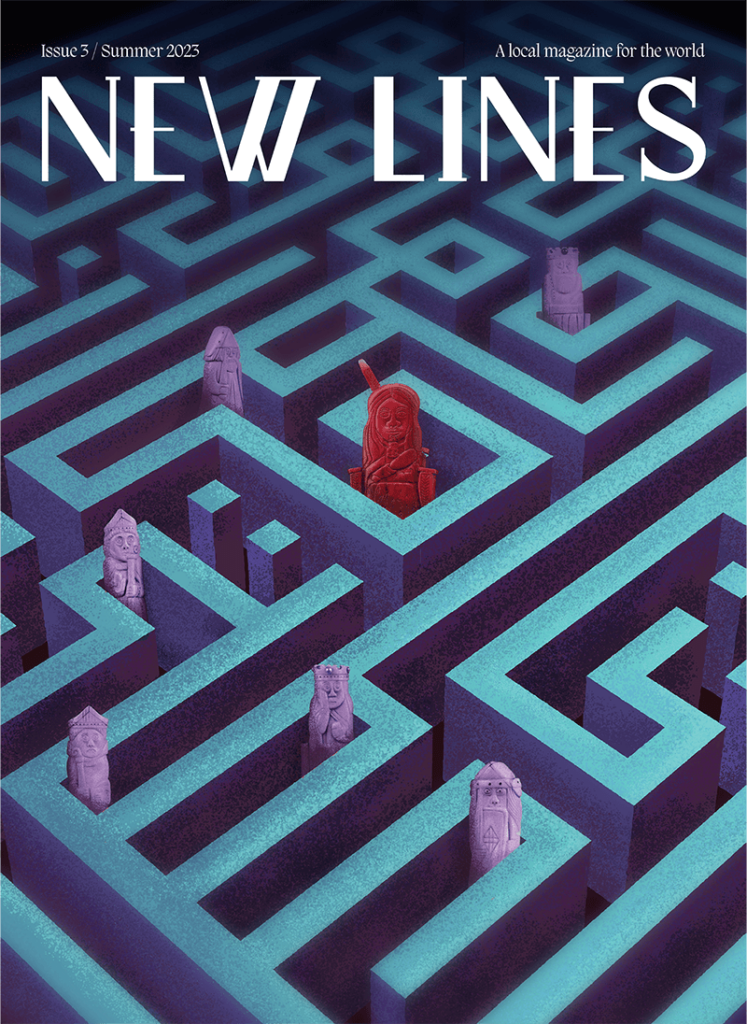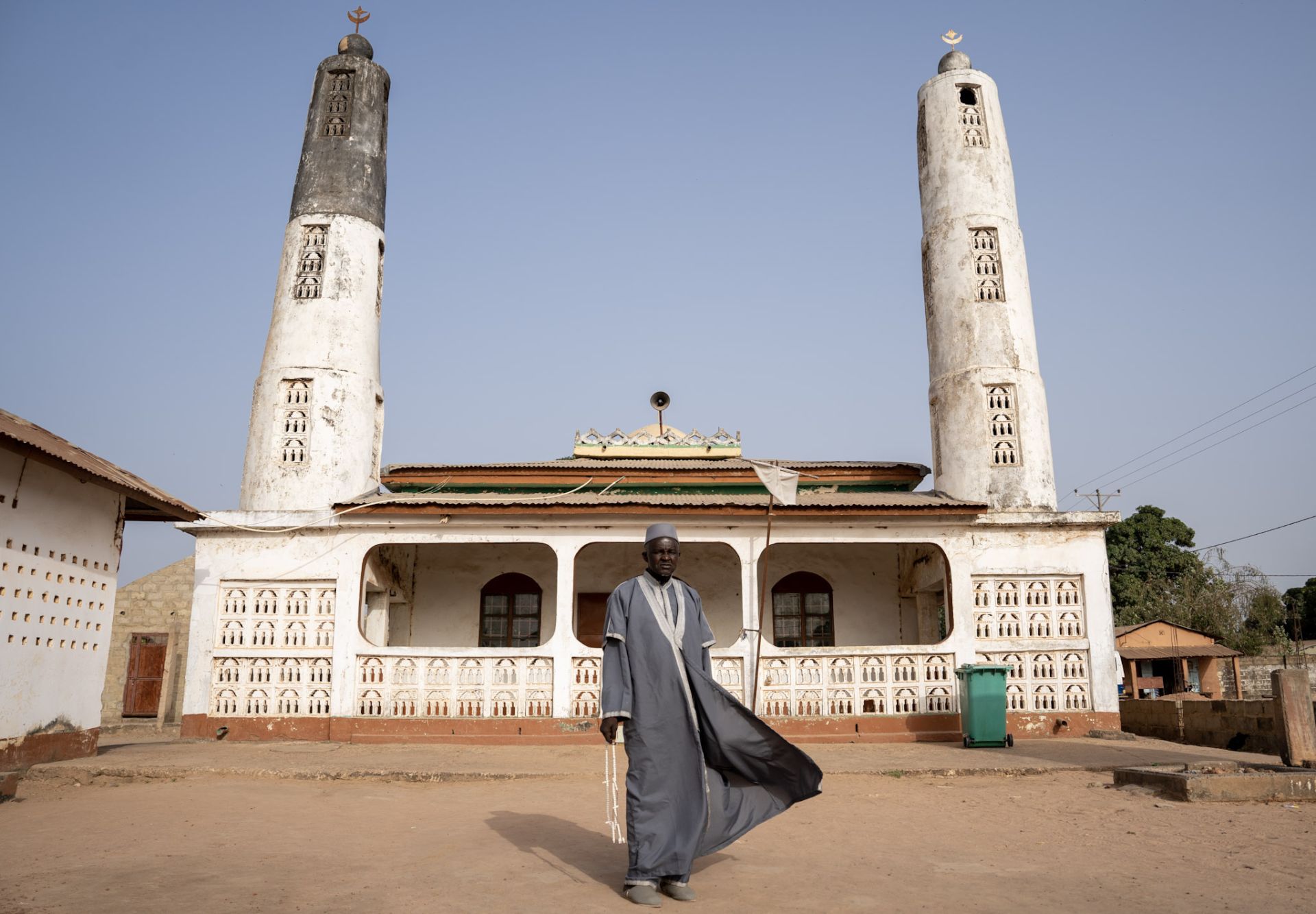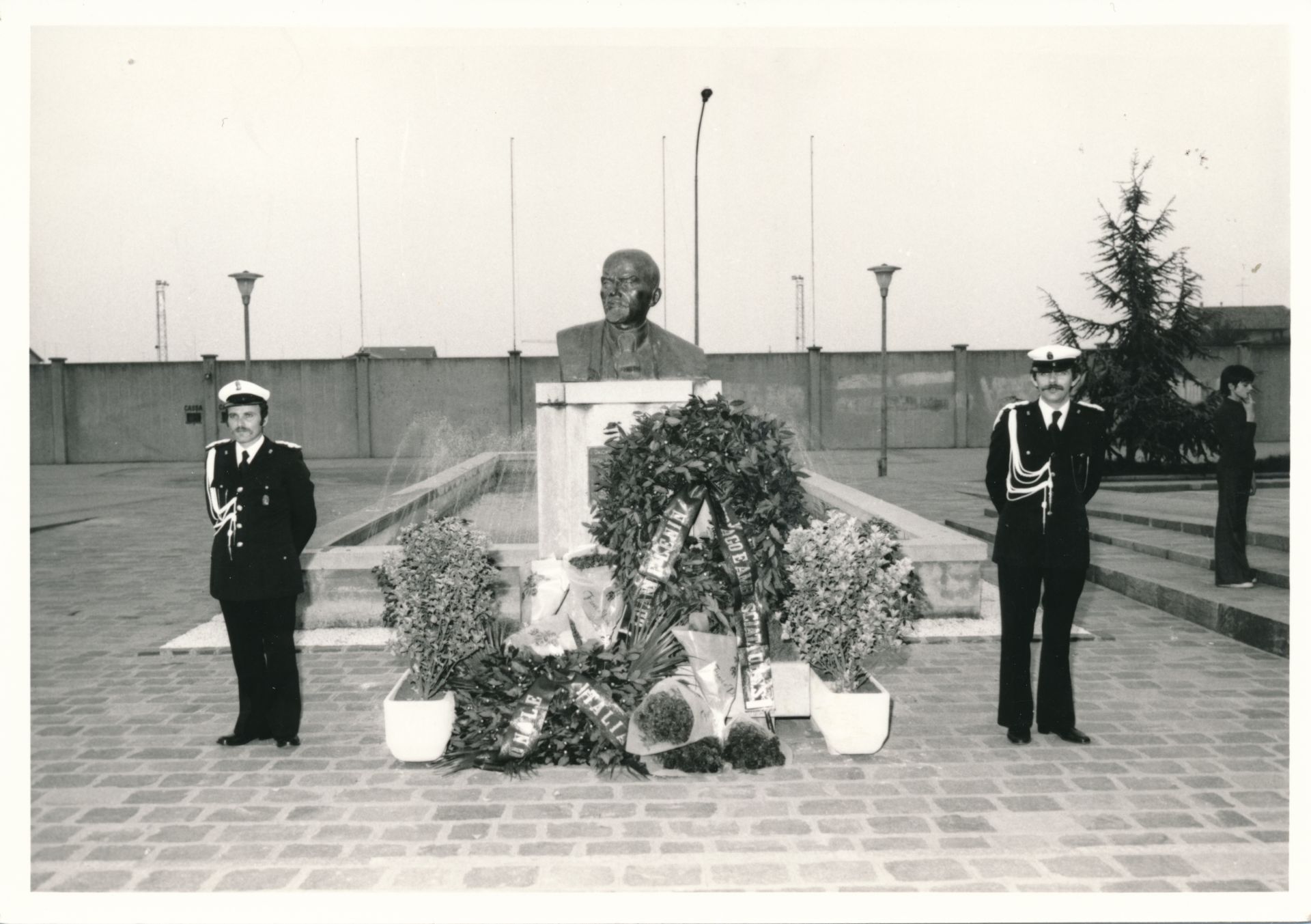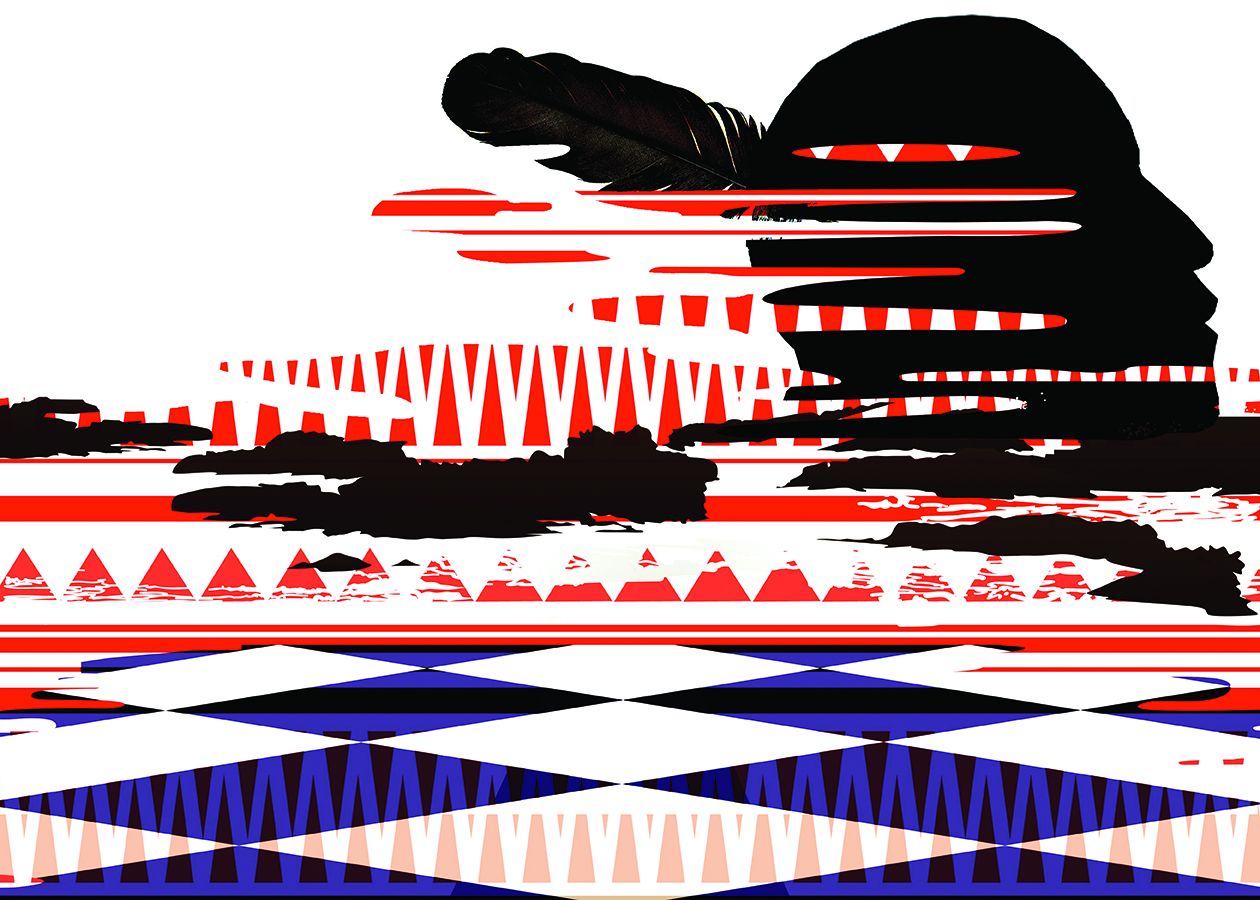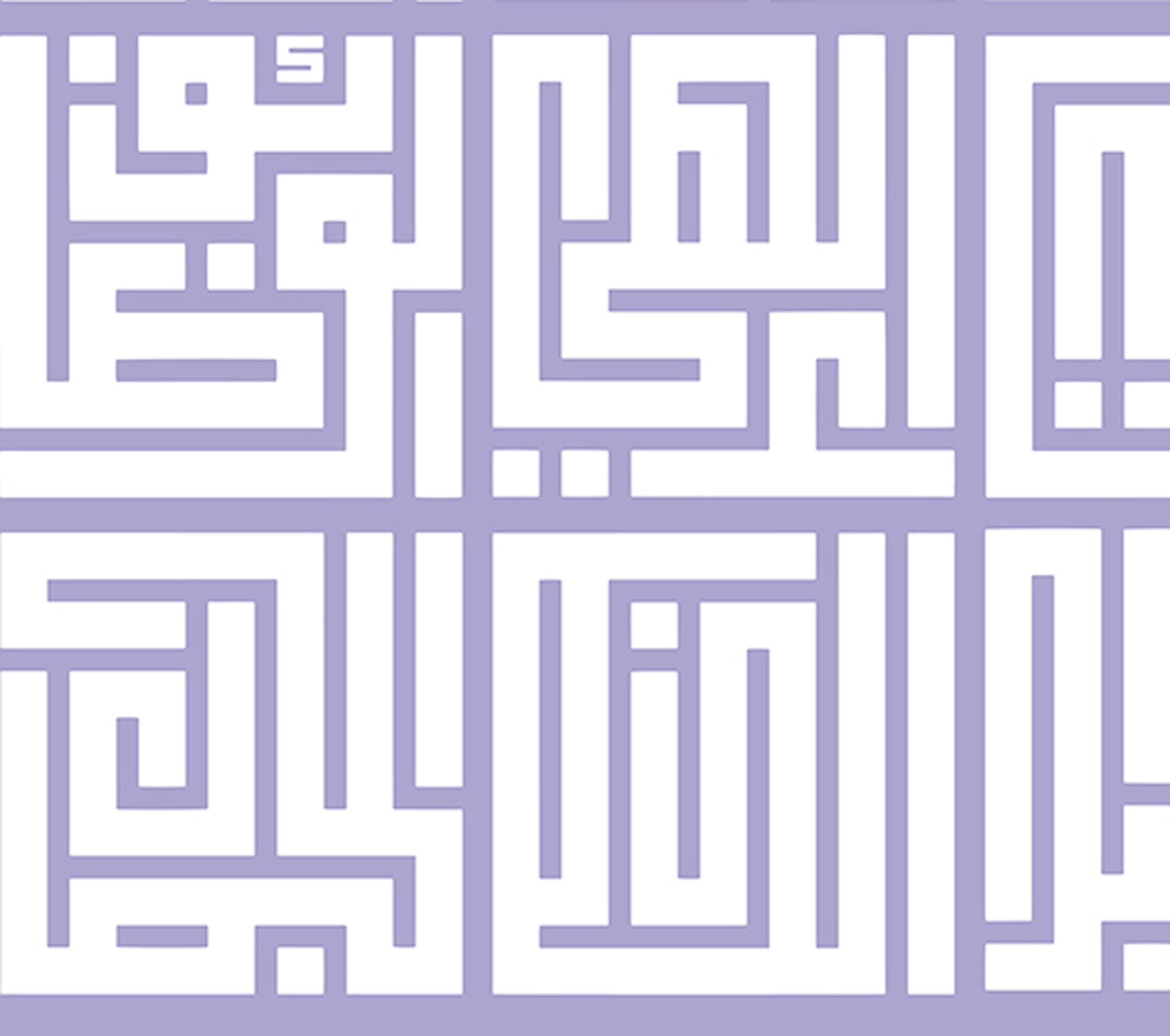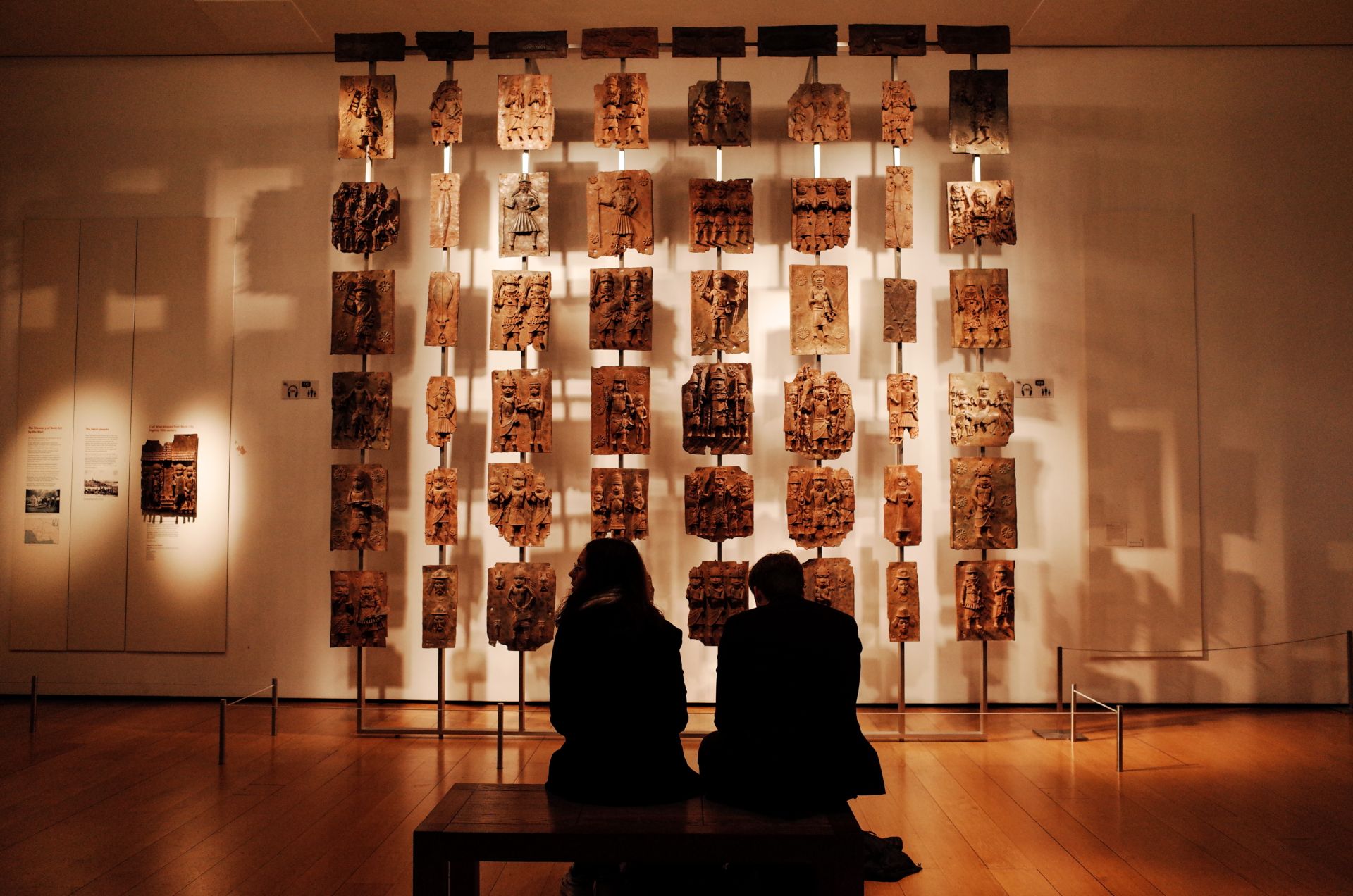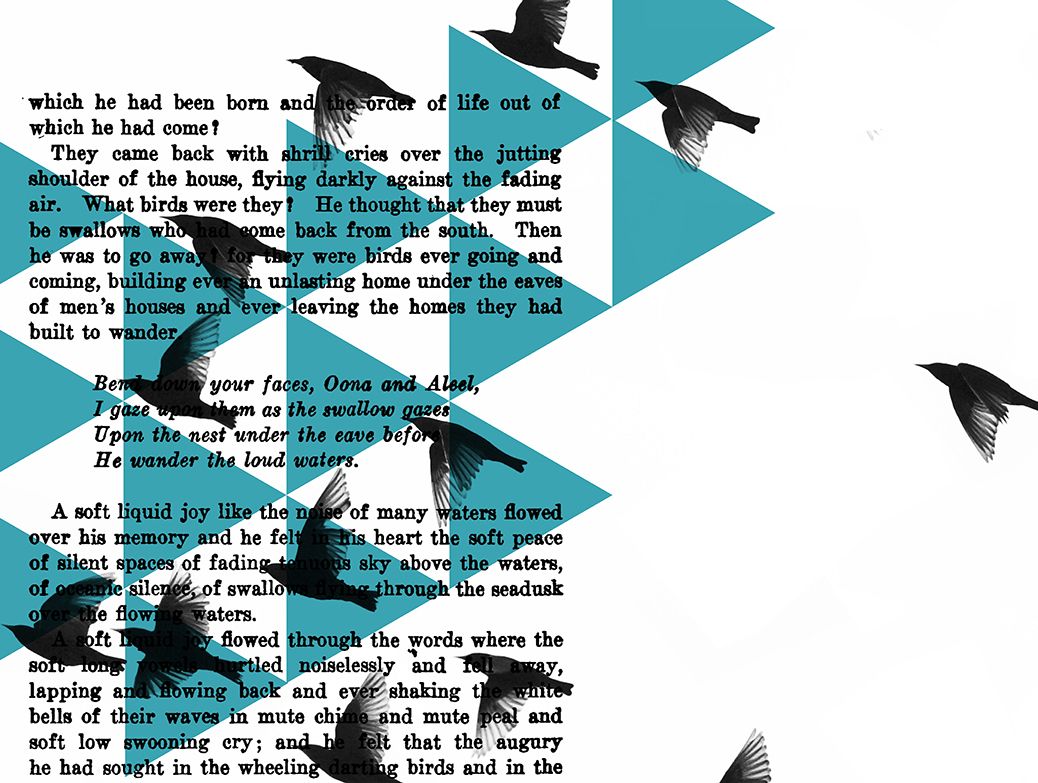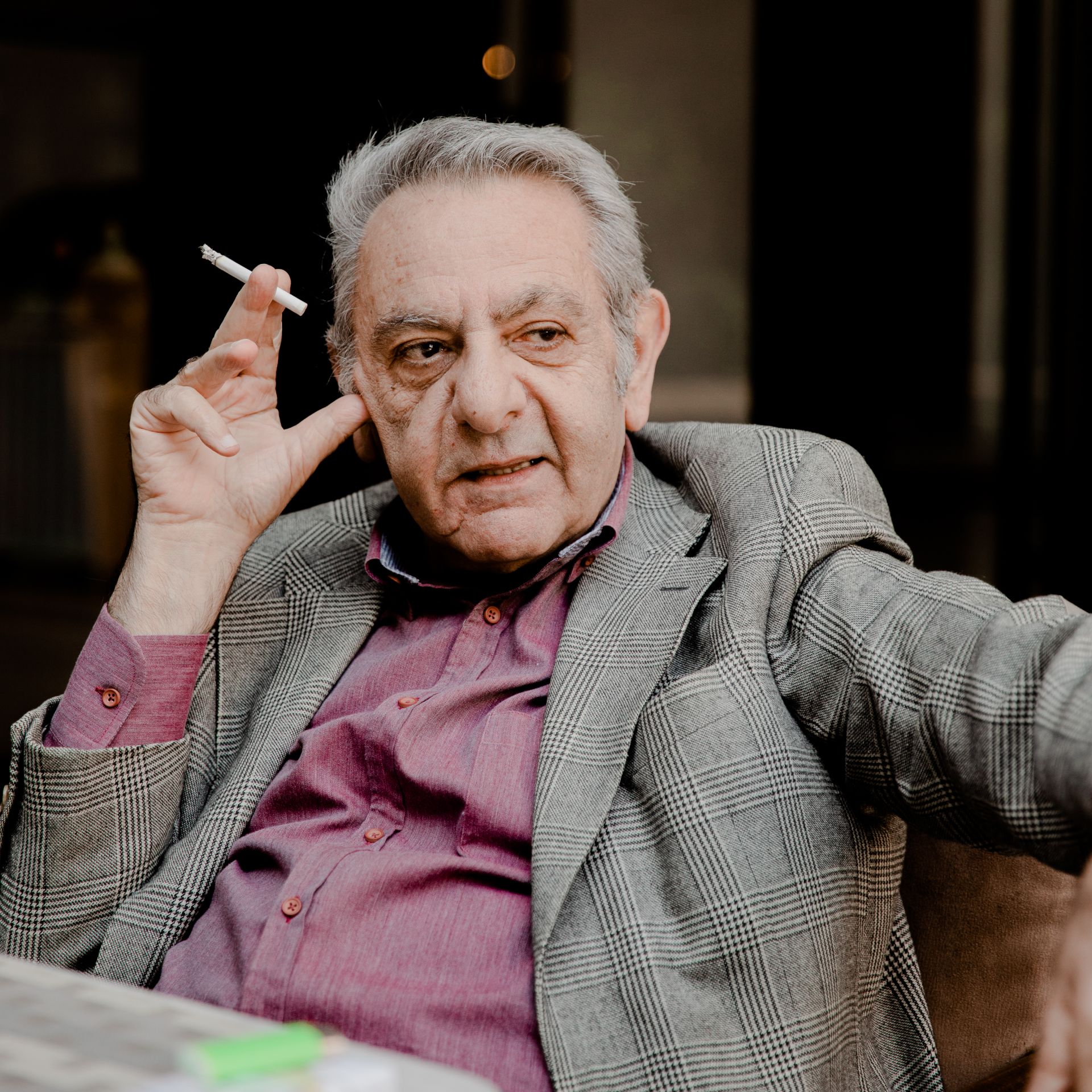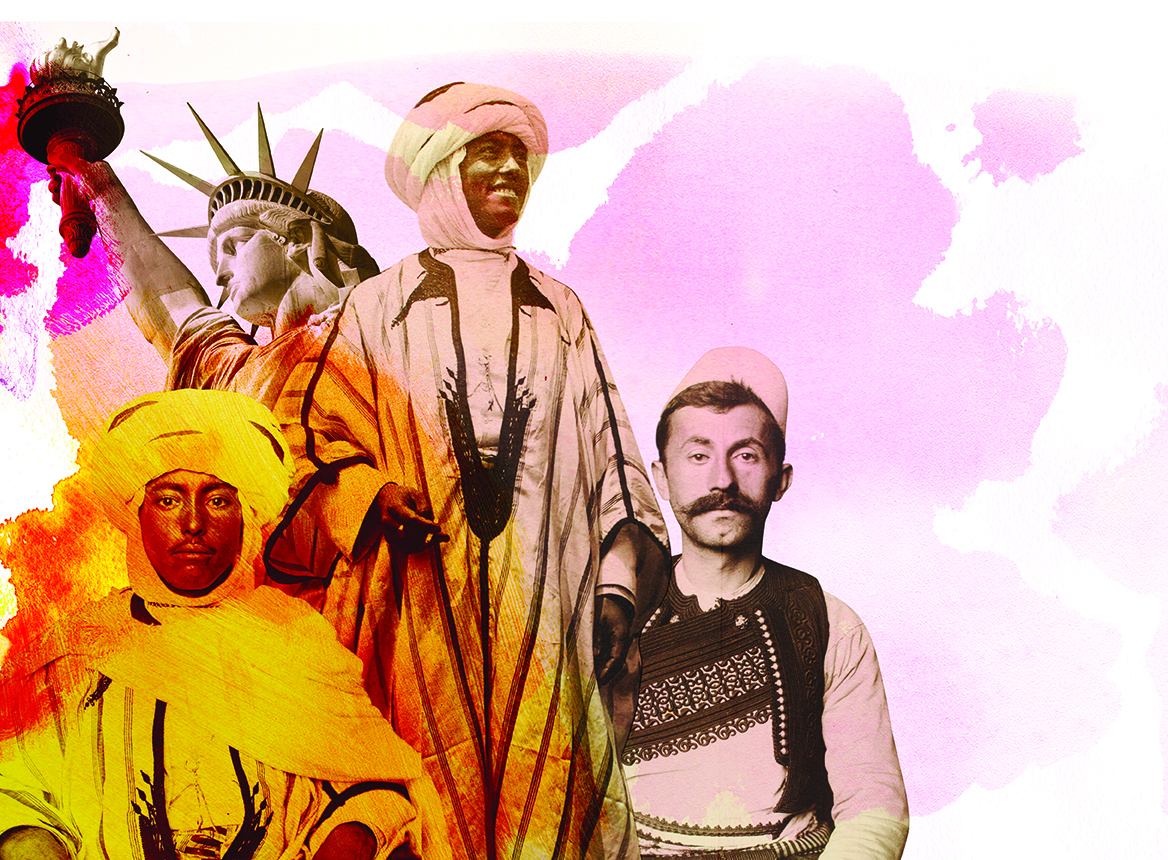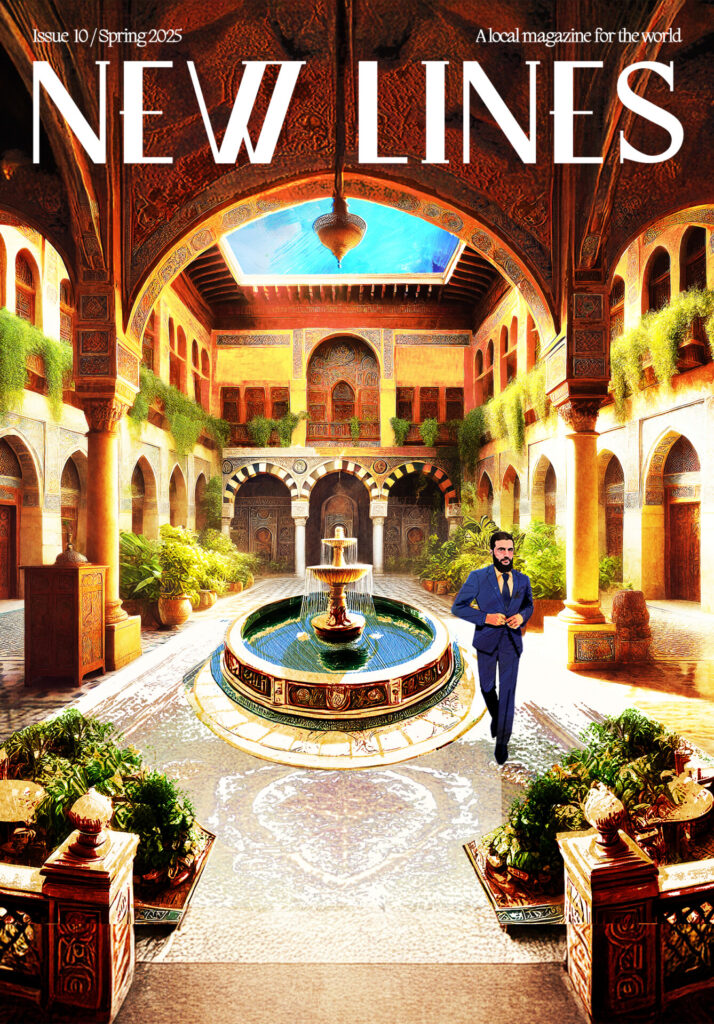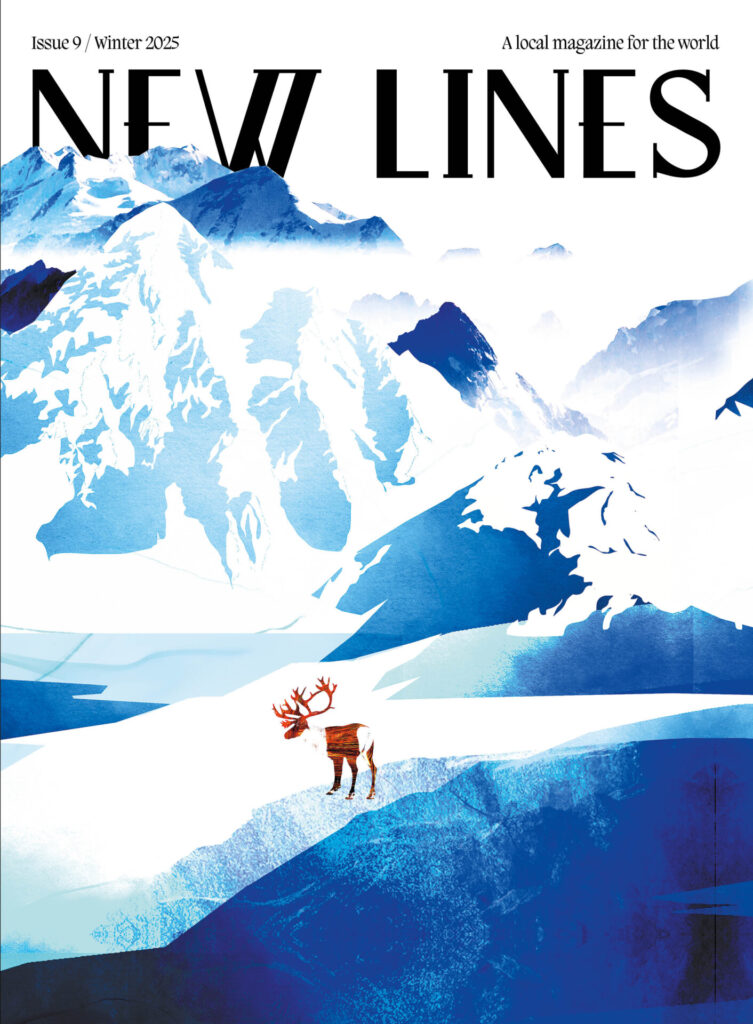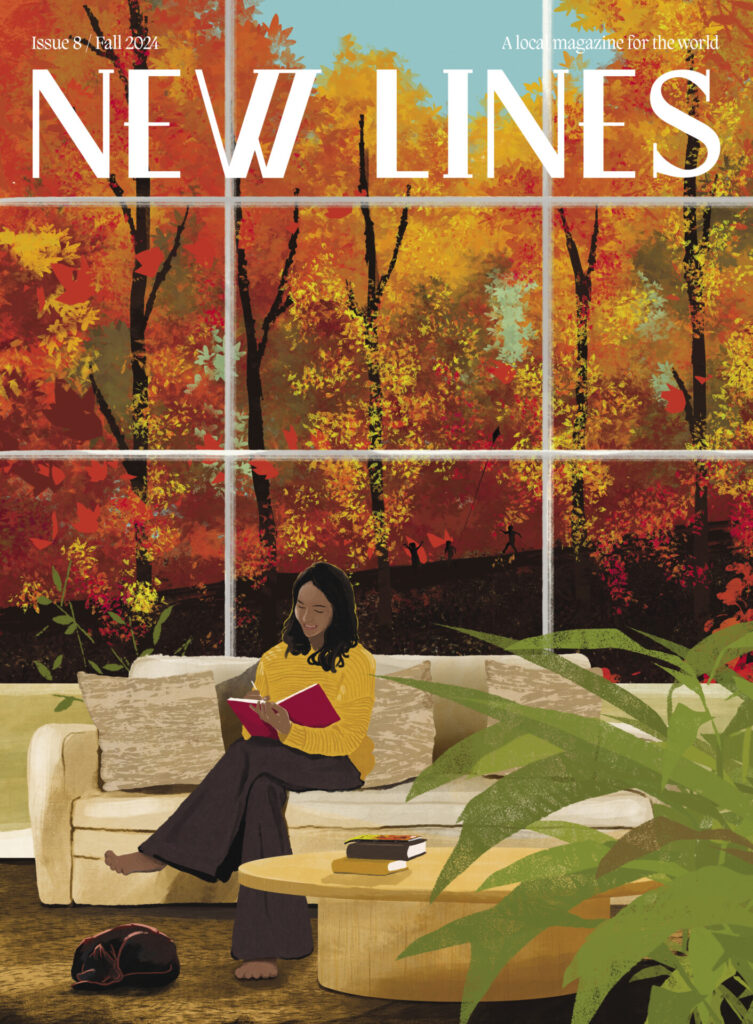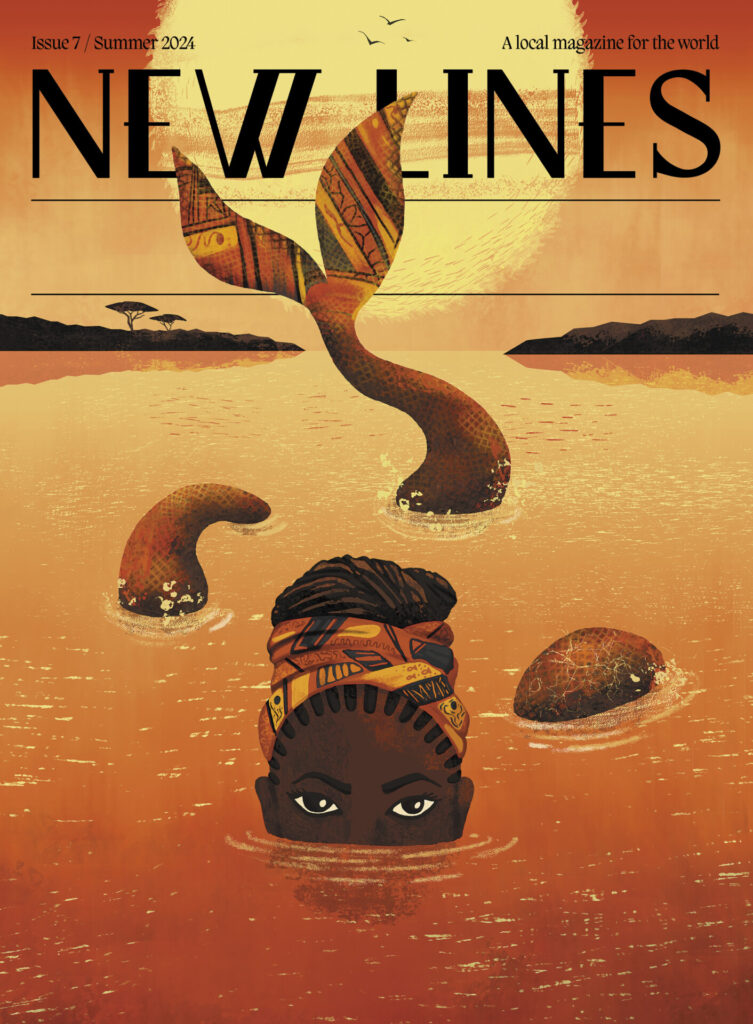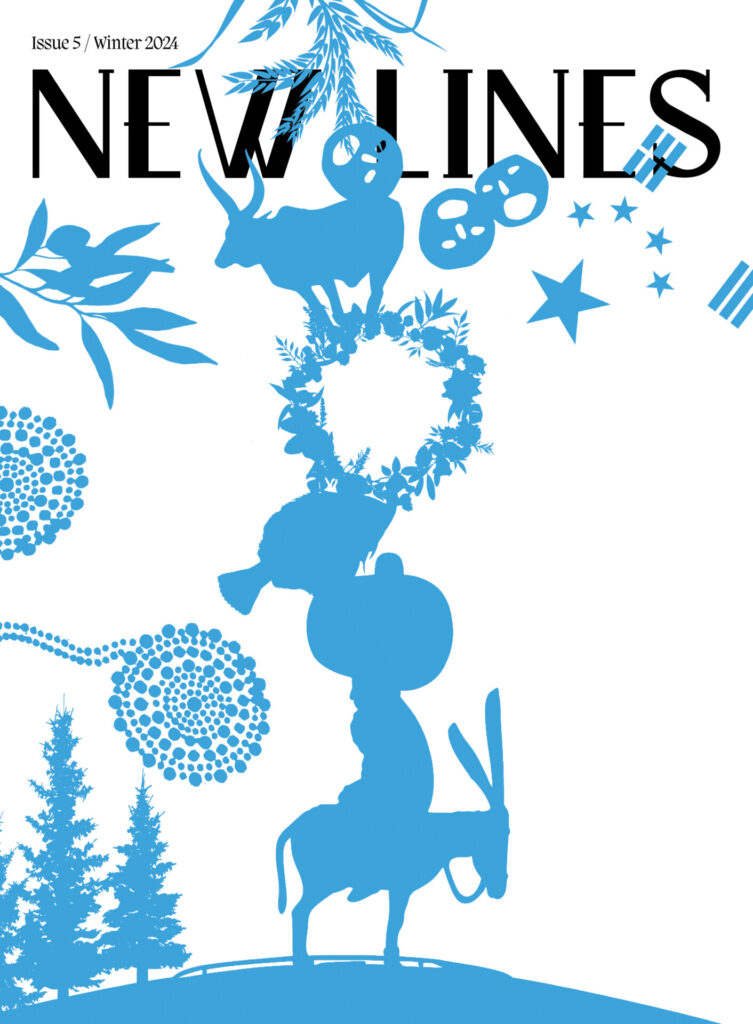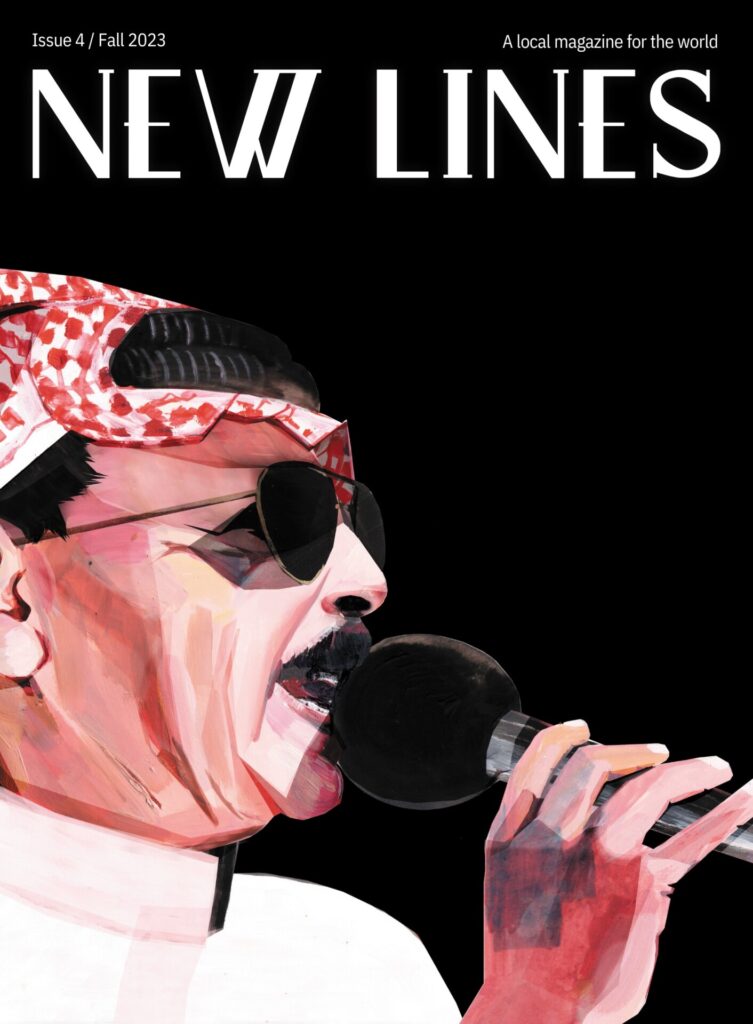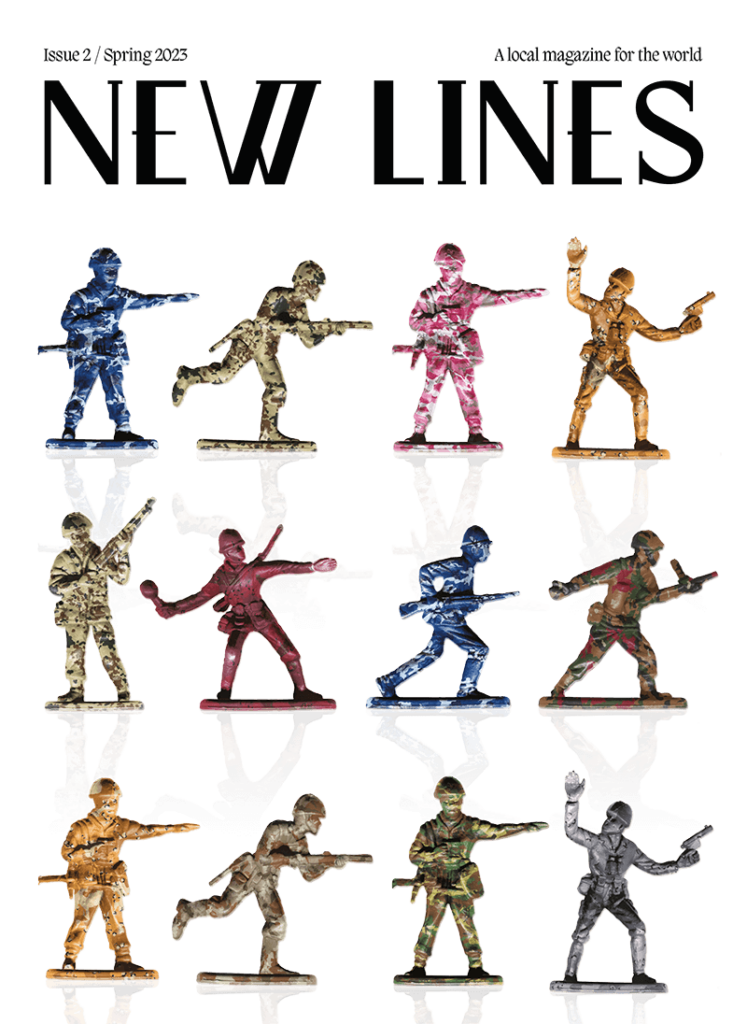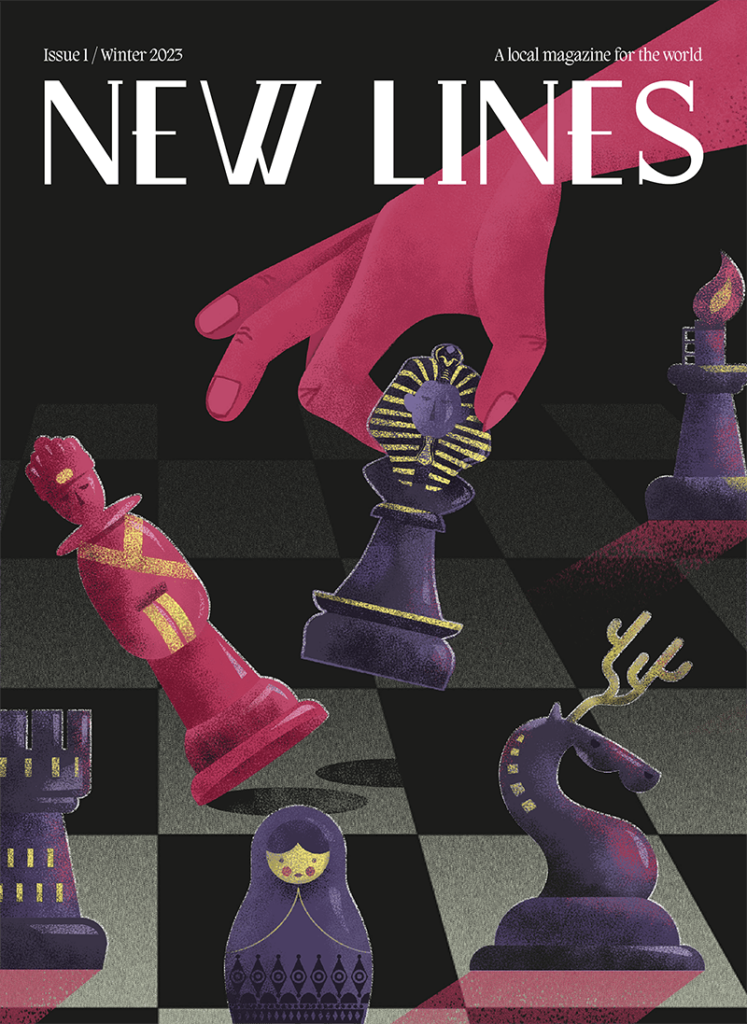/03Ending the War on Drugs: Inside Oregon's Controversial Experiment
Oregon has long stood at the forefront of the national effort to roll back the war on drugs. A groundbreaking new drug decriminalization law has received mixed reviews. Some have blamed it for spikes in crime, drug use and homelessness. Others have compared it to the Portuguese experiment that helped bring an HIV epidemic under control.
Read the story here/03A Deliberate Political Madness?
The National Institute of Mental Health definition of psychosis speaks of “loss of contact with reality.” That is what is happening. Masses of people, whether unable or unwilling to recognize reality, are substituting nightmarish fantasies generated within their movements, making these into a political force moving millions.
Read the story here/03Thousands of Gambians Were Accused of Witchcraft and Tortured. Can Their Country Make Them Whole?
It has been half a decade since Yahya Jammeh’s brutal regime crumbled under the weight of his people’s will and international pressure, but, for victims of his abuses, the search for justice remains a frustrating and unfulfilled quest.
Read the story here/03An Inside View of a Deadly Attack on a Ukrainian Rail Station
In the months since the attack, survivors and witnesses have relayed their experiences to journalists and investigators working for justice. Their testimonies, told here for the first time, offer evidence of a war crime. They demonstrate both the cruelty of the perpetrators and the incredible strength of the survivors, who also fought to save the lives of others.
Read the story here/03Lenin Still Has Pride of Place in a Tiny Italian Town
The enduring legacy of the Lenin bust is a story about present-day Italy and the country’s long history of activism — the kind that shaped a small town’s identity for over a century and continues to do so — but also about far-right sentiments carving out ever-larger spaces in national politics.
Read the story here/03The Local and the Global in Indian Crime Novels
With Indian crime dramas becoming a popular global export, it is important to turn to Hindi pulp fiction, often dismissed as backward and unmodern while English-language novels command the right to be defined as cosmopolitan.
Read the story here/03A Māori Finds Her Royal Roots
Having a whakapapa for Māori is more than having a family tree. The names of tīpuna (ancestors), the events, the places, the mountains and rivers locate and anchor Māori on the timeline of their heritage. This is the miracle of whakapapa: when ancestors whisper secrets to their mokopuna (grandchildren).
Read the story here/03Calligraphy as Identity: Defining Arabness in Script
When a line makes its way from a 1919 poem by Kahlil Gibran to a 1965 melody sung by Fairuz to a calligraphic piece by the Dubai-based artist Majid al-Yousef, who set the words down in the diwani script that goes back half a millennium — this is "Arabness."
Read the story here/03The British Museum Is in Trouble on Two Fronts on Stolen Heritage
To reject political systems on account of their Western origin is to retreat into essentialism of a culture, whether “Arab,” “Islamic,” “African” or other, claiming that there is something specific to the people that requires them to live in a society different from others. Could world museums be a tool in overcoming such essentialism, helping break down rigid borders, both identity-based and geographical?
Read the story here/03A Portrait of James Joyce’s Lessons in a Kuwait English Class
What can Euro-American modernism mean to an undergraduate student of literature in Kuwait today? My students are much more focused on claiming identity than appreciating the power of not belonging. What this desire to identify forecloses, however, is contingency, openness, transformation — the possibility that things might be differently arranged.
Read the story here/03A Talk With the Dean of Arab Liberalism
If Saghieh is branded today by fans and detractors alike as the dean, or grand old man, of Arab liberalism, he certainly did not begin his intellectual journey in that vein. It was only after 30 years of espousing every stripe of radicalism that he met with an insurmountable crisis of faith and “recovered,” as he puts it half-jokingly, from the “fever” of political extremism that would otherwise have killed him.
Read the story here/03The American Dream 100 Years After the National Origins Act
Between 1905 and 1925, a clerk at Ellis Island took photographs of immigrants to the U.S. Today, the images created by Augustus Sherman are providing a point of departure for research and an inspiration for artworks.
Read the story here 


